Description
Overview
Hydrocortisone is a mild corticosteroid commonly used to reduce inflammation, itching, and redness associated with various skin conditions. It is available in different formulations, including creams, ointments, lotions, and foams, with concentrations ranging from 0.5% (over-the-counter) to 2.5% (prescription). Hydrocortisone is widely used for conditions such as eczema, psoriasis, allergic reactions, insect bites, and rashes.
Mechanism of Action
Hydrocortisone works by mimicking cortisol, a naturally occurring steroid hormone produced by the adrenal glands. Its mechanism of action includes:
- Anti-Inflammatory Effects: Hydrocortisone suppresses the release of inflammatory mediators (prostaglandins, leukotrienes, histamines), reducing swelling, redness, and irritation.
- Immunosuppressive Action: It inhibits immune system responses that cause itching and flare-ups in autoimmune skin conditions like eczema and psoriasis.
- Vasoconstriction: Hydrocortisone causes blood vessels to constrict, reducing swelling and fluid accumulation in inflamed skin.
- Anti-Pruritic (Itch-Relief) Properties: By decreasing histamine release, it alleviates itching associated with allergies and dermatological conditions.
Benefits and Indications
Hydrocortisone is used to treat a variety of skin conditions, including:
- Eczema (Atopic Dermatitis):
- Reduces inflammation, itching, and flare-ups.
- Often used alongside moisturizers and barrier creams.
- Psoriasis:
- Helps control mild forms of psoriasis by reducing scaling and redness.
- More potent corticosteroids are generally required for severe cases.
- Allergic Skin Reactions and Contact Dermatitis:
- Treats reactions caused by irritants such as poison ivy, soaps, or certain chemicals.
- Insect Bites and Stings:
- Provides relief from itching, swelling, and discomfort caused by bug bites.
- Seborrheic Dermatitis:
- Reduces inflammation in affected areas, particularly on the scalp and face.
- Pruritus (Generalized Itching):
- Helps alleviate itching from various causes, including mild allergic reactions and dry skin.
Possible Side Effects
While hydrocortisone is generally safe when used as directed, prolonged or excessive use can cause:
- Skin Thinning (Atrophy): Long-term use can lead to thinning of the skin, making it more fragile and prone to damage.
- Striae (Stretch Marks): Particularly in areas with thin skin, such as the underarms or inner thighs.
- Delayed Wound Healing: Can slow the body’s ability to heal minor cuts and abrasions.
- Hypopigmentation: Lightening of the skin, especially in darker skin tones.
- Steroid Acne: Prolonged use can trigger acne breakouts due to increased oil production.
- Perioral Dermatitis: A rash around the mouth caused by overuse of topical steroids.
- Allergic Reactions: Although rare, some individuals may develop a rash, burning, or itching at the application site.
Drug Interactions
Hydrocortisone has minimal systemic absorption when used topically, but interactions can occur in cases of prolonged use or large-area application:
- Immunosuppressants (e.g., Cyclosporine, Methotrexate): Concurrent use may increase the risk of infections.
- Oral or Inhaled Corticosteroids (e.g., Prednisone, Fluticasone): May increase the risk of systemic corticosteroid side effects, such as adrenal suppression.
- Antifungal or Antibiotic Creams (e.g., Clotrimazole, Mupirocin): Using hydrocortisone with these medications may reduce their effectiveness.
Precautions and Considerations
- Use in Children: Hydrocortisone should be used sparingly in children, as they are more prone to systemic absorption and potential side effects.
- Pregnancy and Breastfeeding: Generally considered safe for short-term use, but prolonged application should be avoided.
- Avoiding Long-Term Use: Extended use can lead to skin thinning and dependency, where stopping the medication may cause a rebound flare-up of symptoms.
- Application Guidelines: Should be applied in a thin layer, avoiding the eyes, open wounds, and mucous membranes.

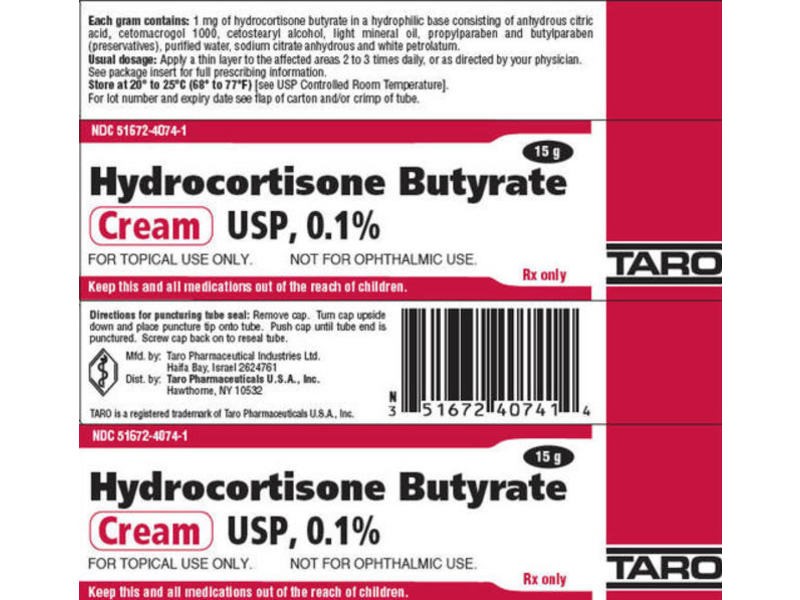
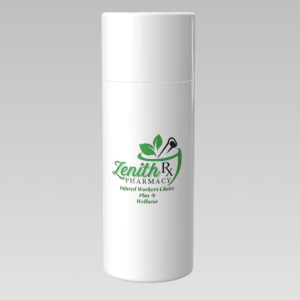
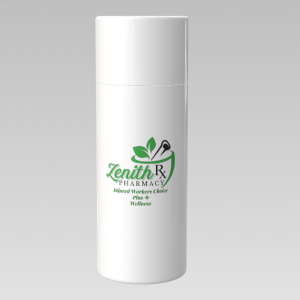
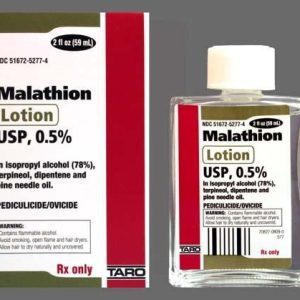
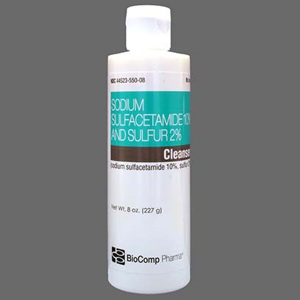
Reviews
There are no reviews yet.